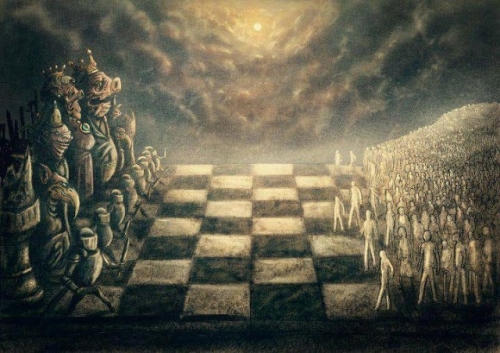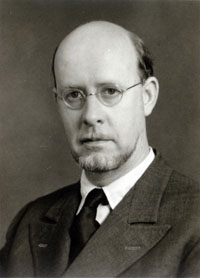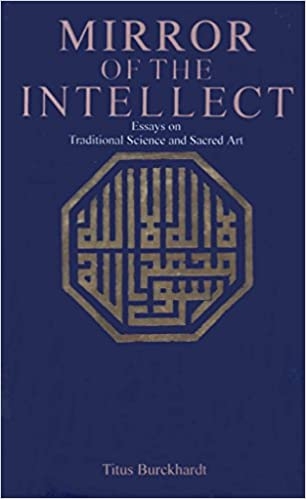mardi, 05 mai 2020
On Titus Burckhardt's Symbolism of Chess

On Titus Burckhardt's Symbolism of Chess
Troy Southgate
(ex: Facebook)
 In The Symbolism of Chess, which Titus Burckhardt (1908-1984) had published in the Spring 1969 issue of Studies in Comparative Religion, the Traditionalist School thinker shares with his readers an interesting viewpoint on the relationship between free will and destiny.
In The Symbolism of Chess, which Titus Burckhardt (1908-1984) had published in the Spring 1969 issue of Studies in Comparative Religion, the Traditionalist School thinker shares with his readers an interesting viewpoint on the relationship between free will and destiny.
As he explains, "At each stage of the game, the player is free to choose between several possibilities, but each movement will entail a series of unavoidable consequences, so that necessity increasingly limits free choice, the end of the game being seen, not as the fruit of hazard, but as the result of rigorous laws." That which appears to be the result of self-determination, therefore, eventually results in a player having to abide by an increasing number of rules. Burckhardt compares the manner in which free will is eventually governed by fate to the relationship between liberty and knowledge, arguing that for a chess player freedom is realised within the possibilities of the game itself: "In other words, freedom of action is here in complete solidarity with foresight and knowledge of the possibilities; contrariwise, blind impulse, however free and spontaneous it may appear at first sight, is revealed in the final outcome as a non-liberty."
Burckhardt went on to suggest that a correct interpretation of the link between liberty and knowledge finds its fulfilment through mankind's self-identification with the divine, and that "Spirit is Truth; through Truth, man is free; outside truth, he is the slave of fate." I believe that we can apply this way of thinking to a political context, too, particularly if you consider how the inhabitants of modern societies may be distinguished by their tendency to abrogate responsibility to the extent that members of a privileged minority can attain empowerment beyond their wildest dreams.
 Once states and empires began herding the masses beneath a single banner, many of those struggling to adapt to the game of life gradually discovered that the pieces on the chess board had already been set up on their behalf. In Burckhardt's example, a failure to conform with the rules has dire consequences and that also holds true for those who find themselves on the receiving end of the political establishment. The difference between his idea that spiritual liberty is attained by adhering to a primordial framework of truth, something that can be justified within that specific context, the very nature of the political system into which we are formally inducted at birth means that unless we retain the freedom to reject the game altogether our liberty remains non-existent. After all, I am perfectly sure that Burckhardt's competitor will have entered the tournament at his or her own discretion and yet from the very first move becomes subject to the parameters that have been carefully formulated by its architects.
Once states and empires began herding the masses beneath a single banner, many of those struggling to adapt to the game of life gradually discovered that the pieces on the chess board had already been set up on their behalf. In Burckhardt's example, a failure to conform with the rules has dire consequences and that also holds true for those who find themselves on the receiving end of the political establishment. The difference between his idea that spiritual liberty is attained by adhering to a primordial framework of truth, something that can be justified within that specific context, the very nature of the political system into which we are formally inducted at birth means that unless we retain the freedom to reject the game altogether our liberty remains non-existent. After all, I am perfectly sure that Burckhardt's competitor will have entered the tournament at his or her own discretion and yet from the very first move becomes subject to the parameters that have been carefully formulated by its architects.
16:22 Publié dans Traditions | Lien permanent | Commentaires (0) | Tags : tradition, traditionalisme, titus burckhardt, échecs |  |
|  del.icio.us |
del.icio.us |  |
|  Digg |
Digg | ![]() Facebook
Facebook



Les commentaires sont fermés.